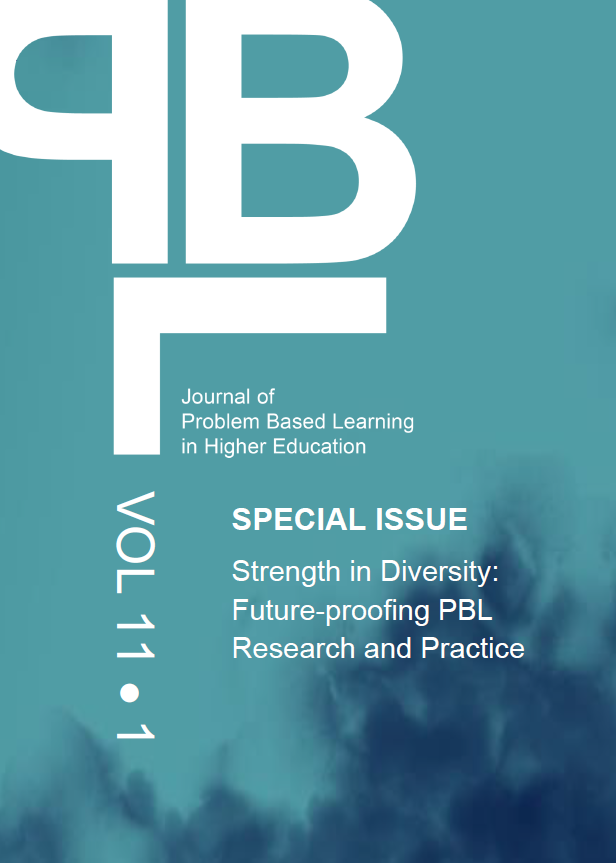Abstract
This paper examines the impact of a structured, multi-dimensional reflection track of a 16-week pilot programme in experimental pedagogics (XP) in The Netherlands. XP is an elective undergraduate programme in which students investigate socially relevant educational problems in local communities and design educational interventions to address these issues through problem-oriented project work (PPL). To accompany the learning journey, students follow a reflection track structured with workshops, learning diaries, and articulated learning essays, that covers cognitive, phenomenological, relational, social and global dimensions of reflection. The design of the track was informed by an interdisciplinary reflection framework combining inputs from cognitive and critical paradigms. To evaluate and improve the impact of this novel approach to reflection in problem-oriented education, the authors undertook an Education Action Research (EAR) process with the 17 participating students. The evaluation phase of the EAR was conducted using a phenomenographic design to draw out qualitative variations in conceptions of reflection among students who participated in the pilot. Focusing on variations of conceptions allowed the teachers-as-action-researchers to gain a fine-grained understanding of reflection within the XP problem-oriented setting. The findings reveal an outcome space comprising seven increasingly complex reflection categories. A phenomenographic analysis of the categories led us to conclude that there exists a reflection “sweet spot” inside which there is growth in reflection breadth and depth. Outside the sweet spot, students either do not reflect at all, or become so entangled in reflection that an infinite reflection regress appears to derail learning. We conclude by discussing the contributions of these findings to strengthening critical, socially relevant reflection in problem-oriented project work in the context of current global crises, focusing on the role of supervisors in fostering productive reflection.
Articles published in Journal of Problem Based Learning in Higher Education are following the license Creative Commons Attribution 4.0 (CC-BY)
Authors retain copyright and grant the journal right of first publication with the work simultaneously licensed under a Creative Commons Attribution 4.0 International License (CC-BY). Further information about Creative Commons
